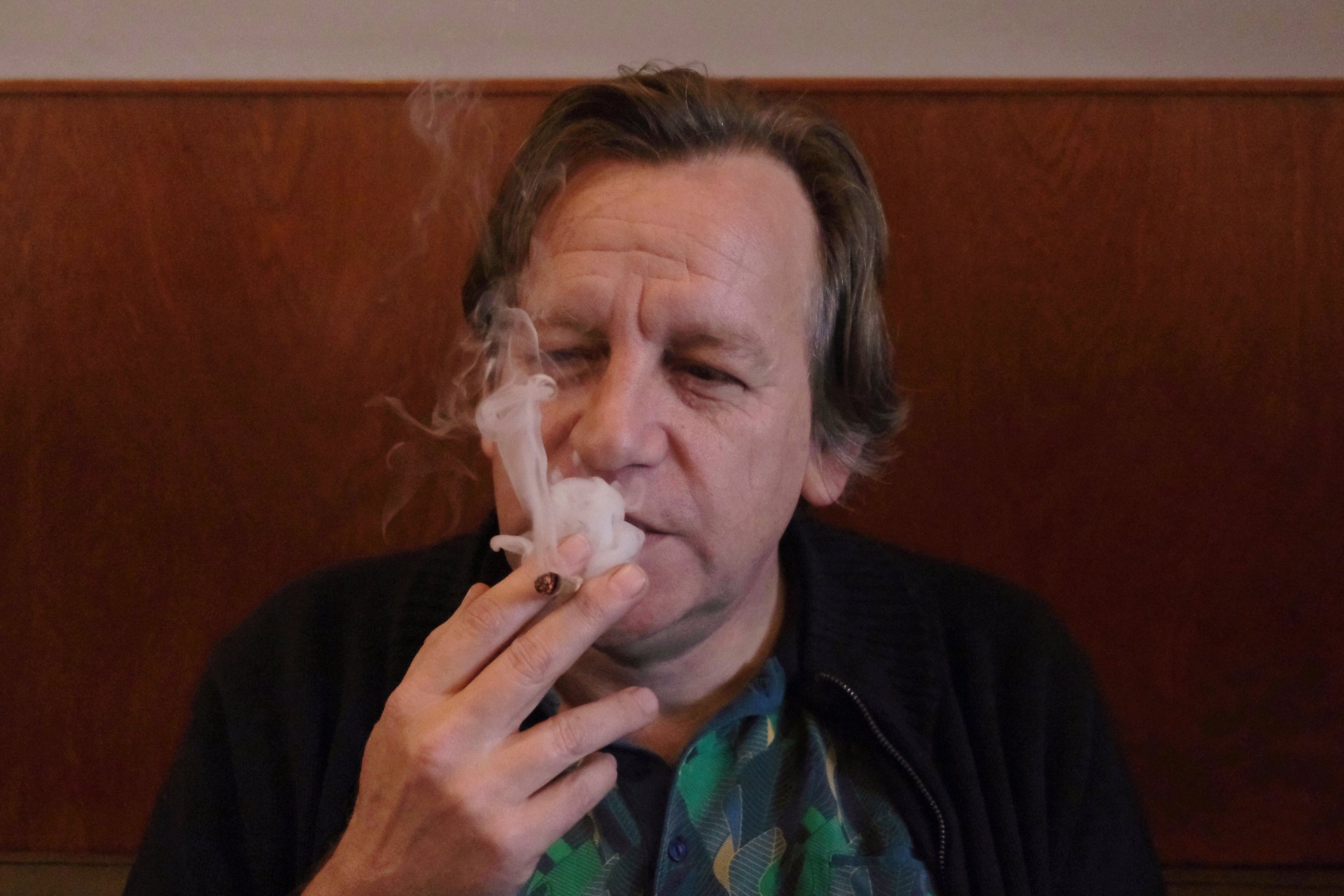Shops in 2 Dutch cities start selling legally grown cannabis in an experiment to regulate pot trade
A paradox at the heart of the Netherlands’ permissive pot policy has gone up in smoke in two Dutch cities as “coffeeshops” began selling the country’s first legally cultivated cannabis

BREDA, Netherlands (AP) — A paradox at the heart of the Netherlands' permissive pot policy went up in smoke Friday in two Dutch cities as “coffeeshops” began selling the country's first legally cultivated cannabis as part of an experiment to regulate the trade.
Suggested Reading
The experiment could mark the beginning of the end for a long-standing legal anomaly — you can buy and sell small amounts of weed without fear of prosecution in the Netherlands, but growing it commercially remains illegal.
Related Content
“This is really a very, very big step in the right direction,” Derrick Bergman, chairman of the Union for the Abolition of Cannabis Prohibition, said as he sat in the De Baron cannabis cafe in the southern Dutch city of Breda.
Dutch Health Minister Ernst Kuipers visited earlier to launch the new policy. The plan for the experiment dates back to 2017 and is seen as as a way of providing “quality-controlled" weed to coffeeshops — places that are allowed to sell marijuana — and shutting out illegal growers.
“By regulating the sale of cannabis, we have a better insight into the origin of the products and the quality,” Kuipers said. “In addition, we can better inform consumers about the effects and health risks of cannabis use.”
Bart Vollenberg, who grows cannabis for the experiment, called it a “happy day for the Netherlands.”
"The most significant advantage is that it is not criminal activity, and it becomes transparent," he said. "You can test the weed in the laboratory. With all the knowledge and skills of Dutch horticulture, we can start improving the quality of the weed now. No longer need to make all kinds of twists and turns in illegality.”
A trailblazer in decriminalizing pot since the 1970s, the Netherlands has grown more conservative. Amsterdam, long a magnet for marijuana smokers from around the world, has been closing coffeeshops in recent years and has banned smoking weed on some of the cobbled streets that make up its historic center.
Across the nation, there are 565 coffeeshops. That is down from around 2,000 “in the real heyday,” Bergman said.
Meanwhile, other countries around the world and some U.S. states have taken steps to legalize the recreational use of cannabis.
“We are finally taking a small place on the international stage back again," Bergman said. "It’s not like we’re back full on. It’s a small experiment.”
Friday marked the first day of what the government calls the “closed coffeeshop chain experiment.” The initial phase is scheduled to last a maximum of six months and could then be rolled out to 11 municipalities across the Netherlands.
“During the startup phase, growers, coffeeshop owners, transporters and supervisors will gain experience with the supply and sale of regulated cannabis and its supervision, secure transport and the use of the track and trace system,” the Ministry of Health, Welfare and Sport said in a statement.
Coffeeshops in Breda and nearby Tilburg are allowed to have a maximum of 500 grams (17.64 ounces) of weed from legal growers in stock at a time.
Breda Mayor Paul Depla said the initial experiment in his city and Tilburg would help detect any “growing pains” in the system.
“It is also a great opportunity to see how cooperation within the closed chain between legal growers, coffeeshop owners and all other authorities involved works,” he said.
The Trimbos Institute, a Dutch organization that raises awareness about mental health and the use of drugs, alcohol and tobacco, is involved in the experiment and promoting measures to prevent cannabis use.
“We think it's important that people who use cannabis are well informed about the risks and options for help,” spokeswoman Harriëtte Koop said in an email.
For longtime campaigner Bergman, an upside of the new policy is that smokers can now easily see who grew the cannabis they are using and let friends know whether it's any good.
“It's a relief that the weed is quite good,” he said, smiling as he lit his marijuana cigarette in a small puff of thick white smoke.
There is a downside, Bergman added. He looked at a plastic beaker in a plastic bag holding the new legally grown weed and a much smaller plastic container for illegal pot.
“The new system produces much more plastic waste,” he noted.